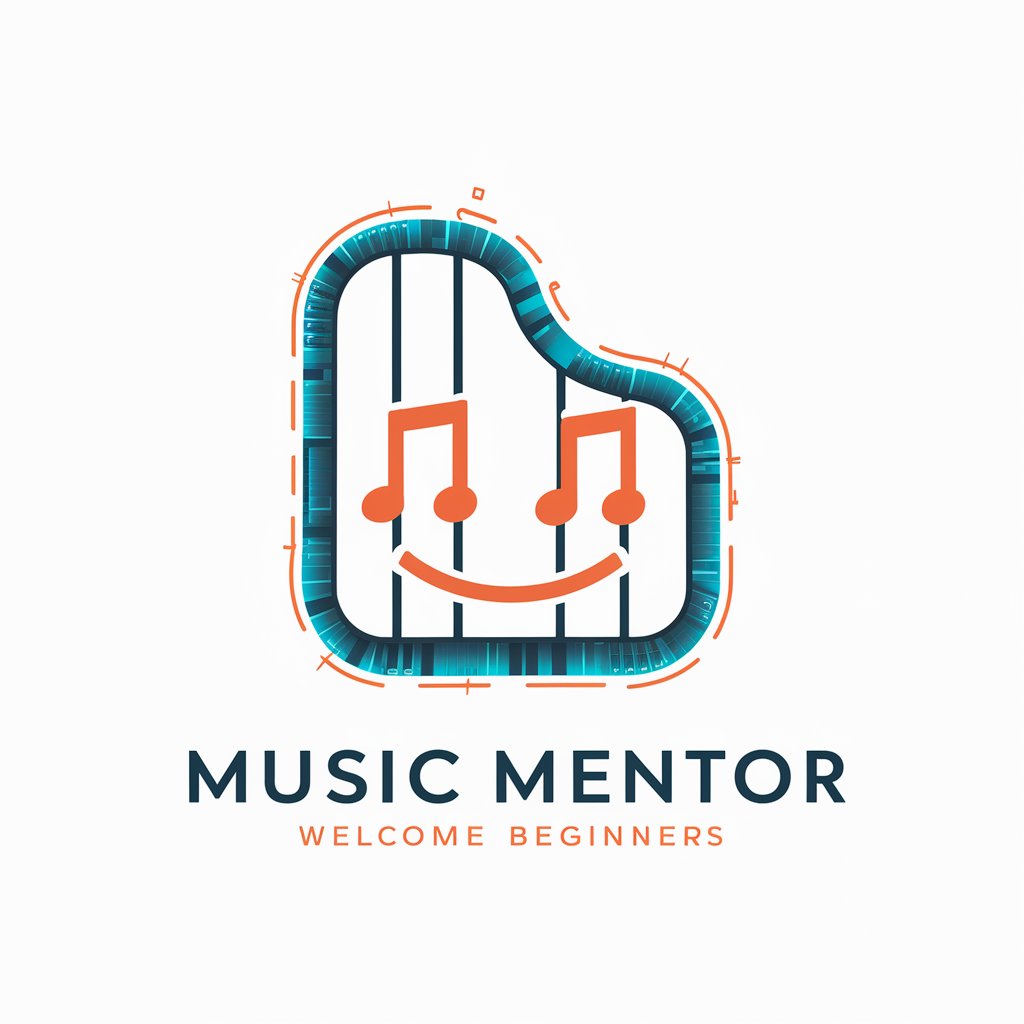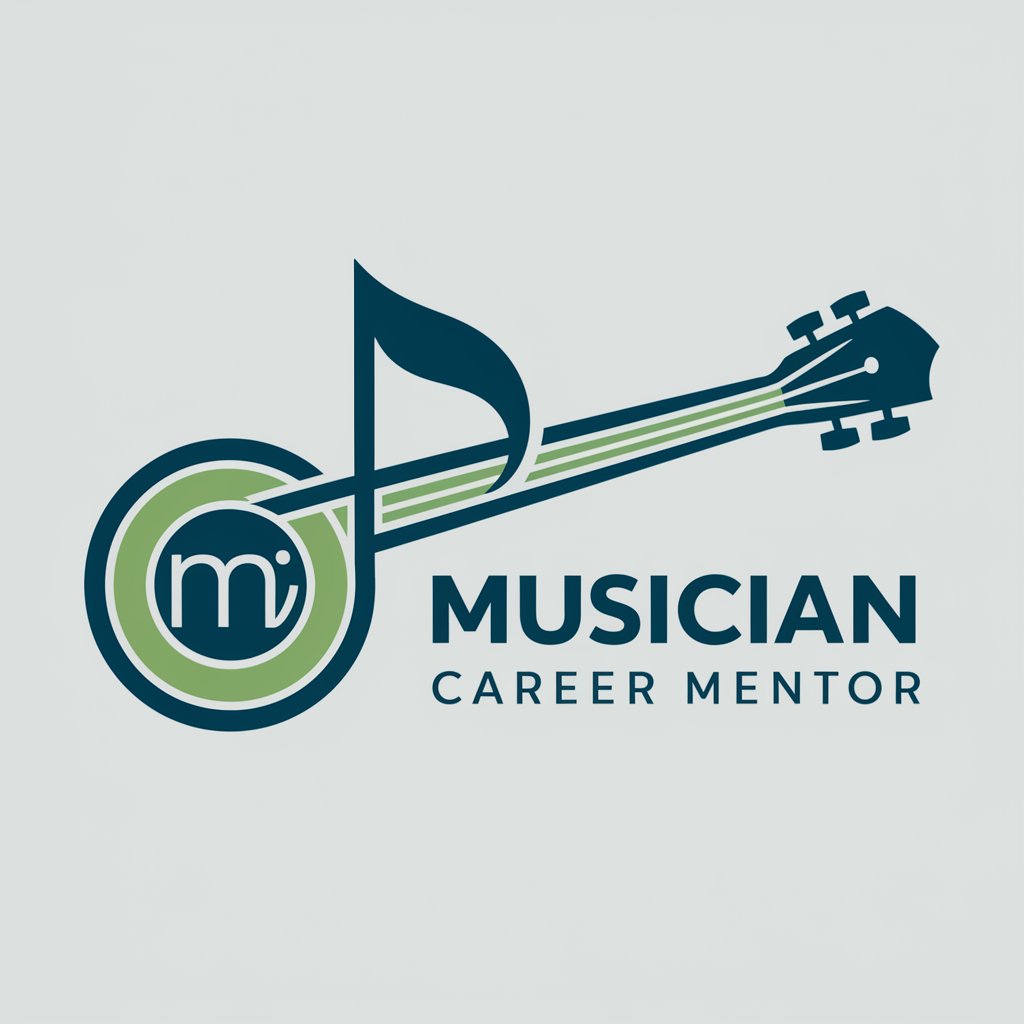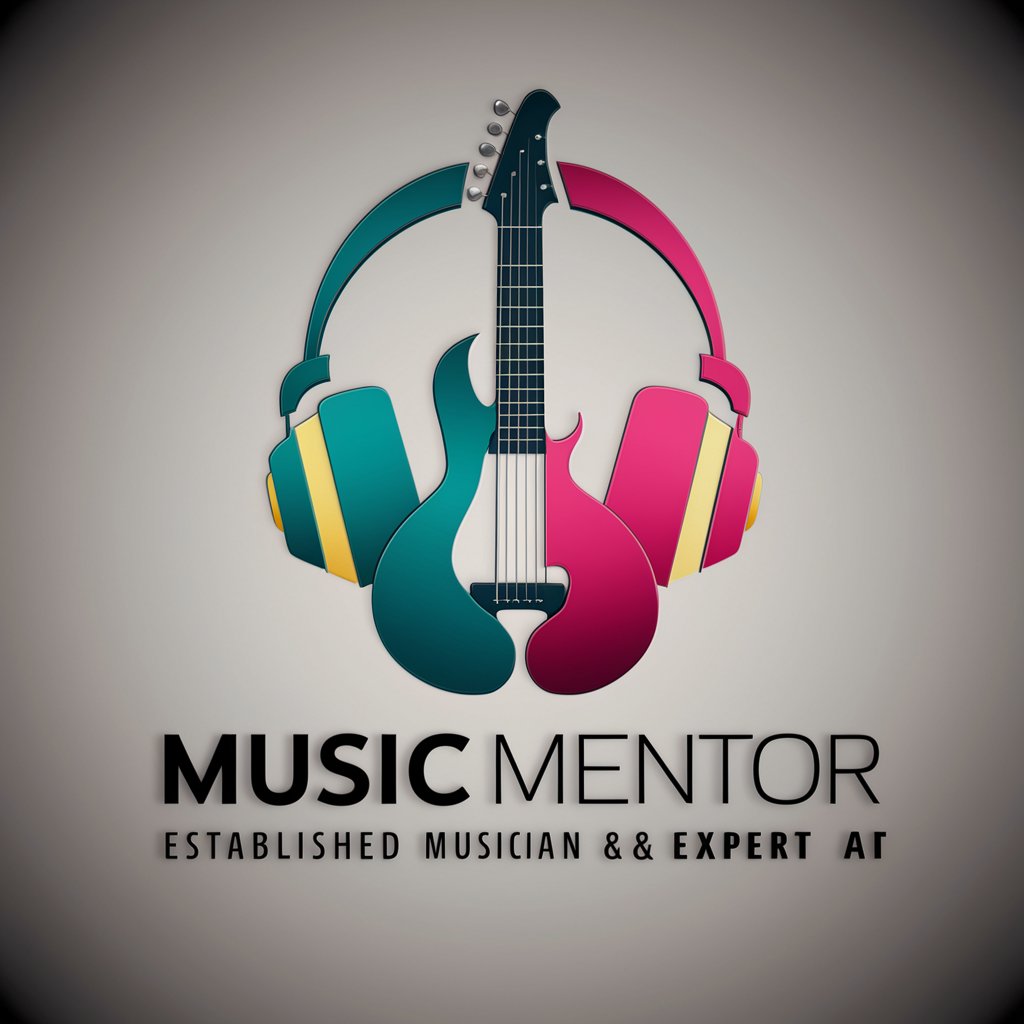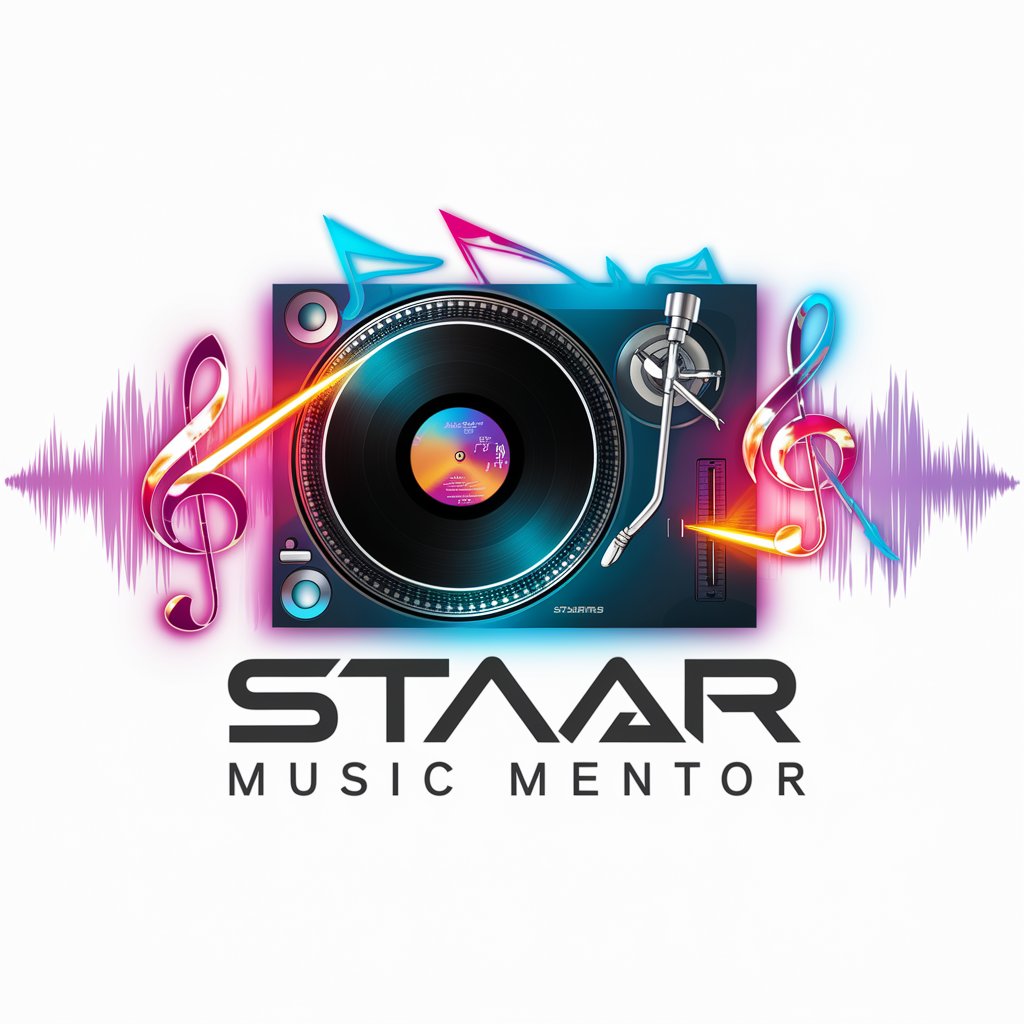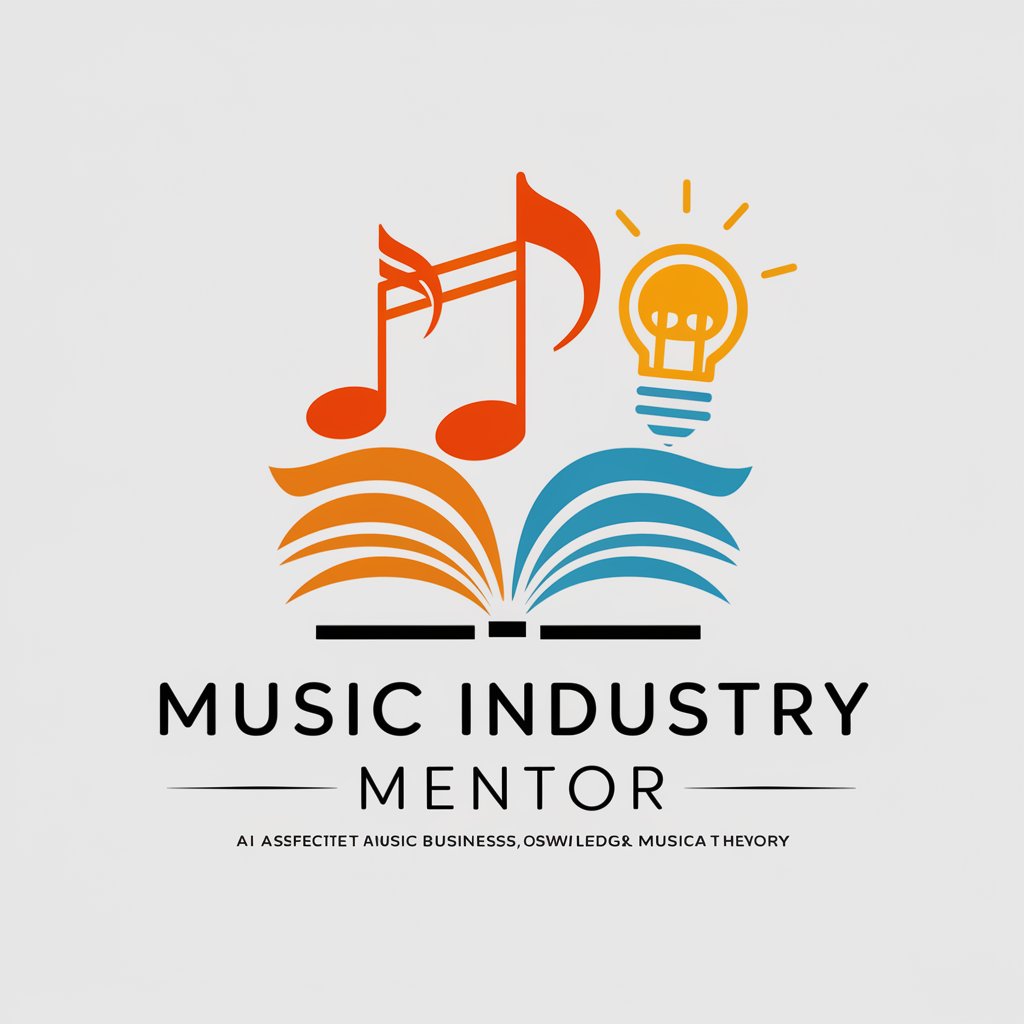
Music Mentor - AI-Powered Music Education
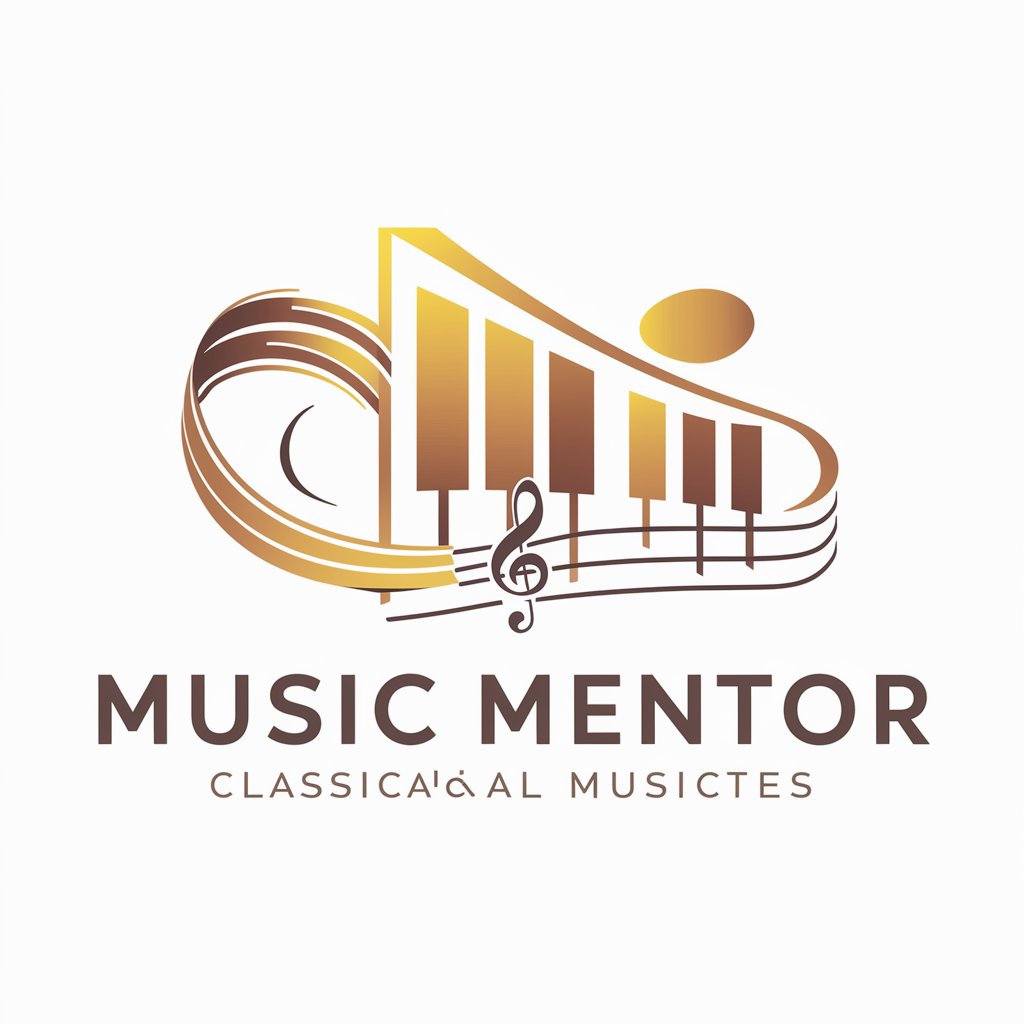
Welcome to Music Mentor, your guide to musical mastery!
Empowering Your Musical Journey with AI
Can you explain the significance of the Circle of Fifths in music theory?
How do I play a C major chord on the piano?
What are the fingering techniques for a diminished seventh chord?
Can you help me understand the relationship between major and minor keys?
Get Embed Code
Introduction to Music Mentor
Music Mentor is designed as an interactive, adaptive AI tool tailored for individuals seeking to deepen their understanding and skills in music. Encompassing a broad spectrum of music-related topics, Music Mentor offers personalized guidance, from theory to practical skills like instrument playing and composition. A key aspect of Music Mentor is its flexibility in communication style, allowing users to choose between a formal, academic discourse or a more casual, conversational approach, thus catering to a wide range of learning preferences. For instance, a user curious about chord progressions in songwriting might receive a step-by-step breakdown of common progressions, along with practical tips on how to apply them creatively in their compositions. Powered by ChatGPT-4o。

Main Functions of Music Mentor
Theory Instruction
Example
Explaining the Circle of Fifths and its application in composing and improvising music.
Scenario
A beginner musician is struggling to understand key signatures and their relationships. Music Mentor provides a detailed explanation of the Circle of Fifths, including visual aids from its knowledge source, and demonstrates how it can be used to identify related keys and modulate between them in compositions.
Practical Skill Development
Example
Providing fingering techniques for various piano chords.
Scenario
An intermediate piano student wants to improve their chord transitions and voicings. Music Mentor offers specific fingering suggestions for different chord types, like major, minor, and diminished chords, drawing directly from its knowledge source on piano chord fingerings, ensuring the student can practice efficiently.
Music Analysis
Example
Analyzing the structure and chord progression of a piece.
Scenario
An aspiring songwriter is interested in the compositional techniques used in their favorite song. Music Mentor dissects the song's structure, chord progressions, and key changes, providing insights into how these elements contribute to the song's overall effect and how they can apply similar techniques in their work.
Instrumental Guidance
Example
Guiding on how to read staff notation for piano.
Scenario
A beginner pianist is unfamiliar with reading music. Music Mentor explains how to read staff notation, using examples from its knowledge source, and provides exercises to practice reading and playing simple melodies, thereby enhancing the user's sight-reading skills.
Ideal Users of Music Mentor Services
Beginner Musicians
Individuals who are new to music and seeking foundational knowledge and skills. They benefit from Music Mentor's ability to break down complex music theory into understandable concepts and provide practical steps for instrument learning.
Intermediate to Advanced Musicians
Musicians looking to refine their skills, expand their theoretical knowledge, or explore advanced concepts like complex chord progressions, improvisation techniques, and compositional strategies. Music Mentor offers in-depth guidance and personalized feedback to cater to their advanced needs.
Music Educators
Teachers and tutors in search of resources and tools to enhance their teaching methods. Music Mentor can serve as an auxiliary tool, providing detailed explanations, examples, and exercises that educators can integrate into their lesson plans.
Music Enthusiasts and Hobbyists
Individuals with a passion for music who may not be pursuing it professionally but are eager to learn more about music theory, history, or specific instruments. Music Mentor caters to their curiosity with engaging, accessible content.

How to Utilize Music Mentor
1
Start your journey by accessing a free trial at yeschat.ai, which is available without the need to log in or subscribe to ChatGPT Plus.
2
Explore the wide range of music education features by entering specific questions or topics you're interested in learning more about.
3
Utilize the uploaded educational material by asking for explanations, interpretations, or practical applications related to music theory, composition, or performance.
4
Apply the insights and knowledge gained by practicing on your musical instrument or in your compositions, using the detailed guidance provided.
5
For advanced learning, refer to the recommended resources and lessons for further study and improvement in your musical journey.
Try other advanced and practical GPTs
Competencia Digital Docente
Empowering educators with AI-driven digital competencies
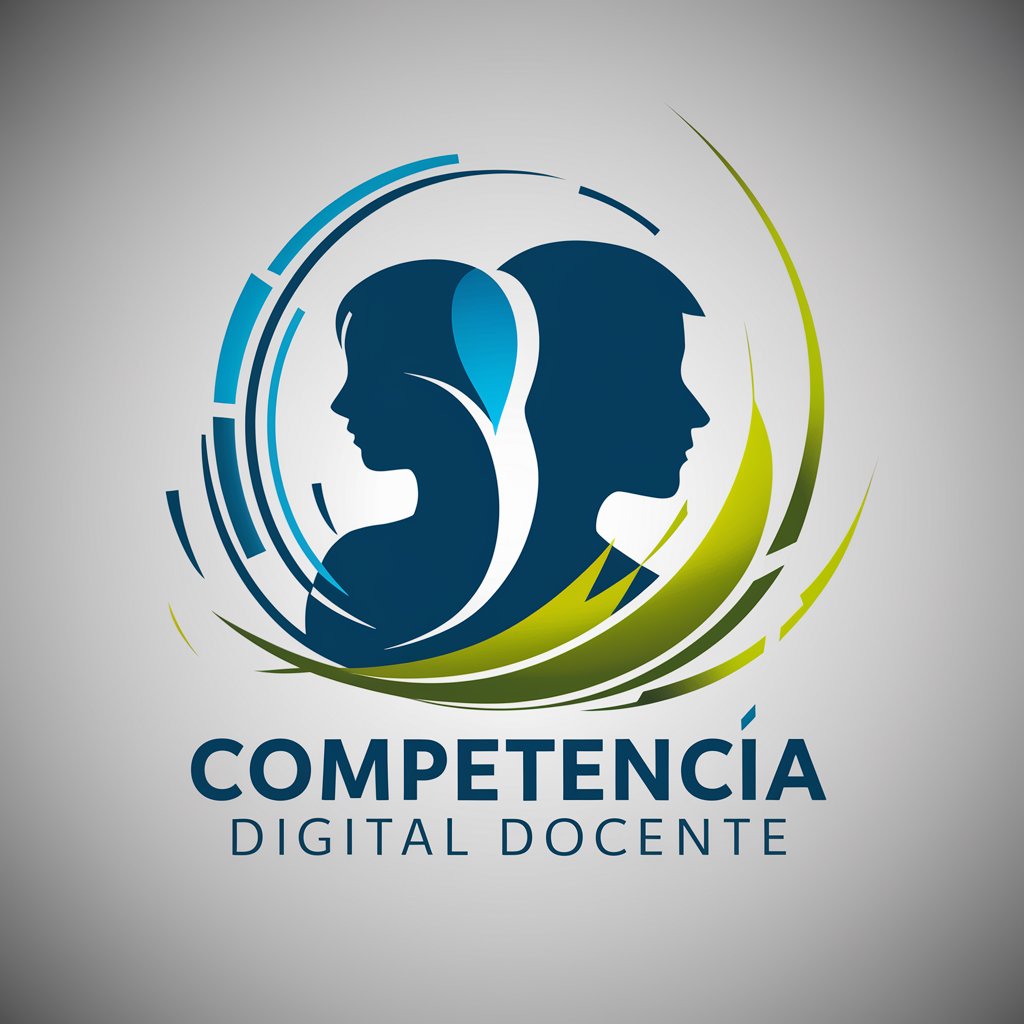
PensionsAI
Streamlining Pension Inquiries with AI

Workshop Crafter
Empower Learning with AI-Driven Workshops
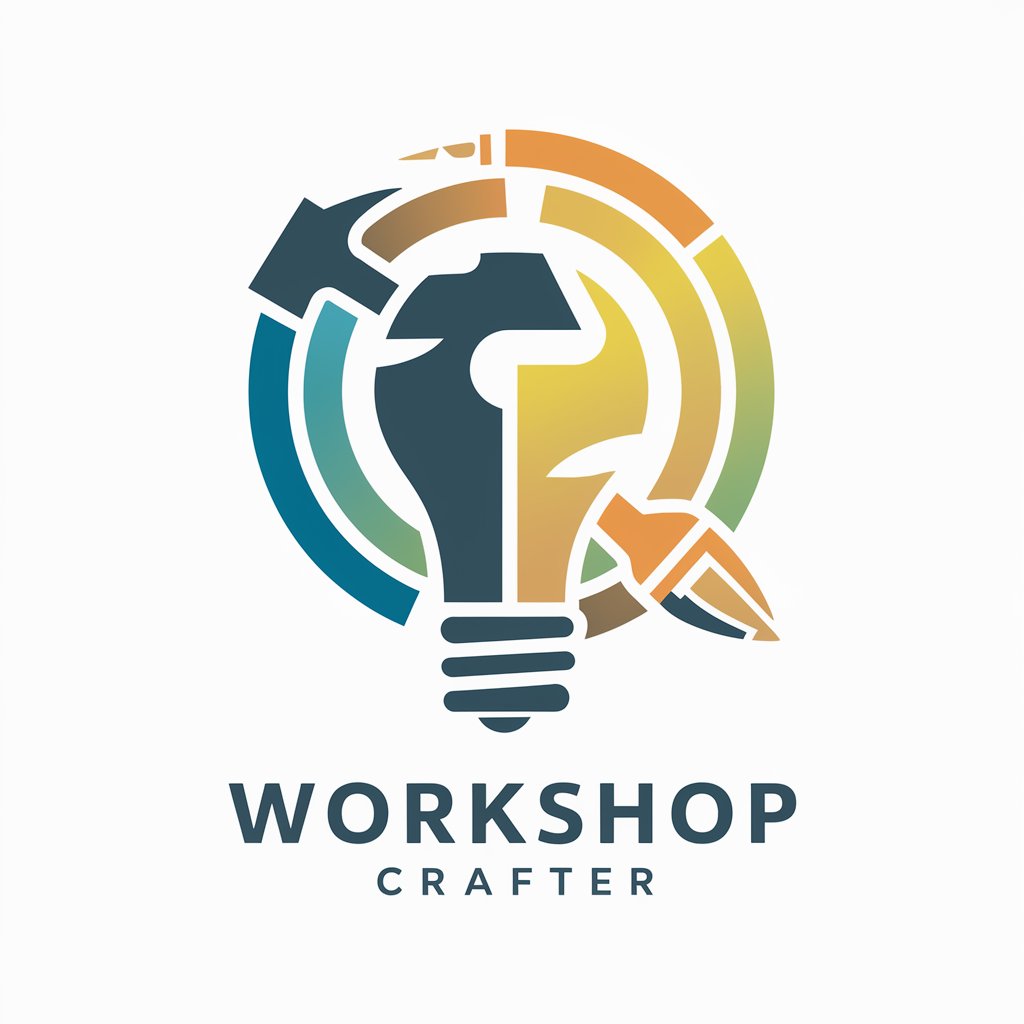
Icon Maestro
Crafting minimalist icons with AI precision.

Relationship Advisor GPT
Empowering relationships with AI-driven guidance
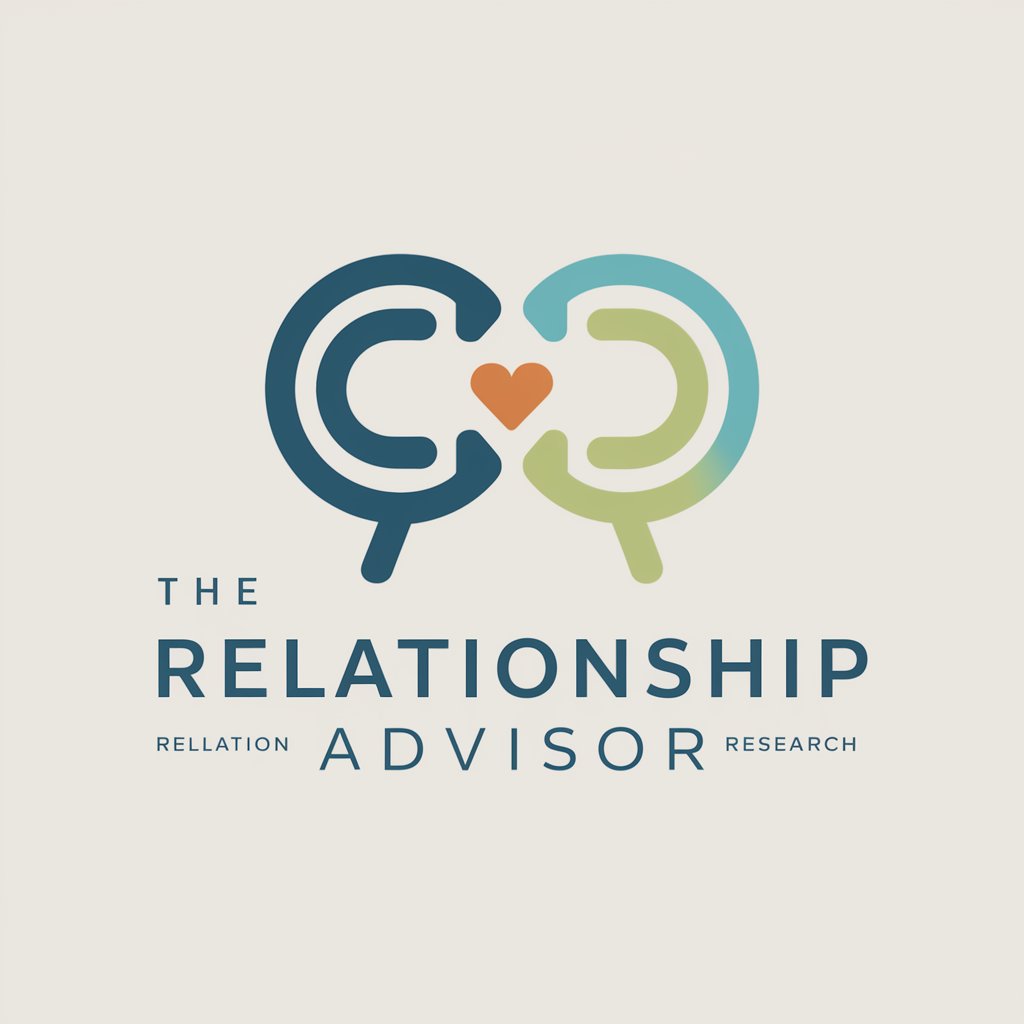
They Ask You Answer
Empower Answers, Build Trust

AI仏陀
Enlighten Your Path with AI-Powered Buddhist Wisdom

Gallery
Empowering Art Enthusiasts with AI

Design Paths GPT
Navigating Design Education with AI
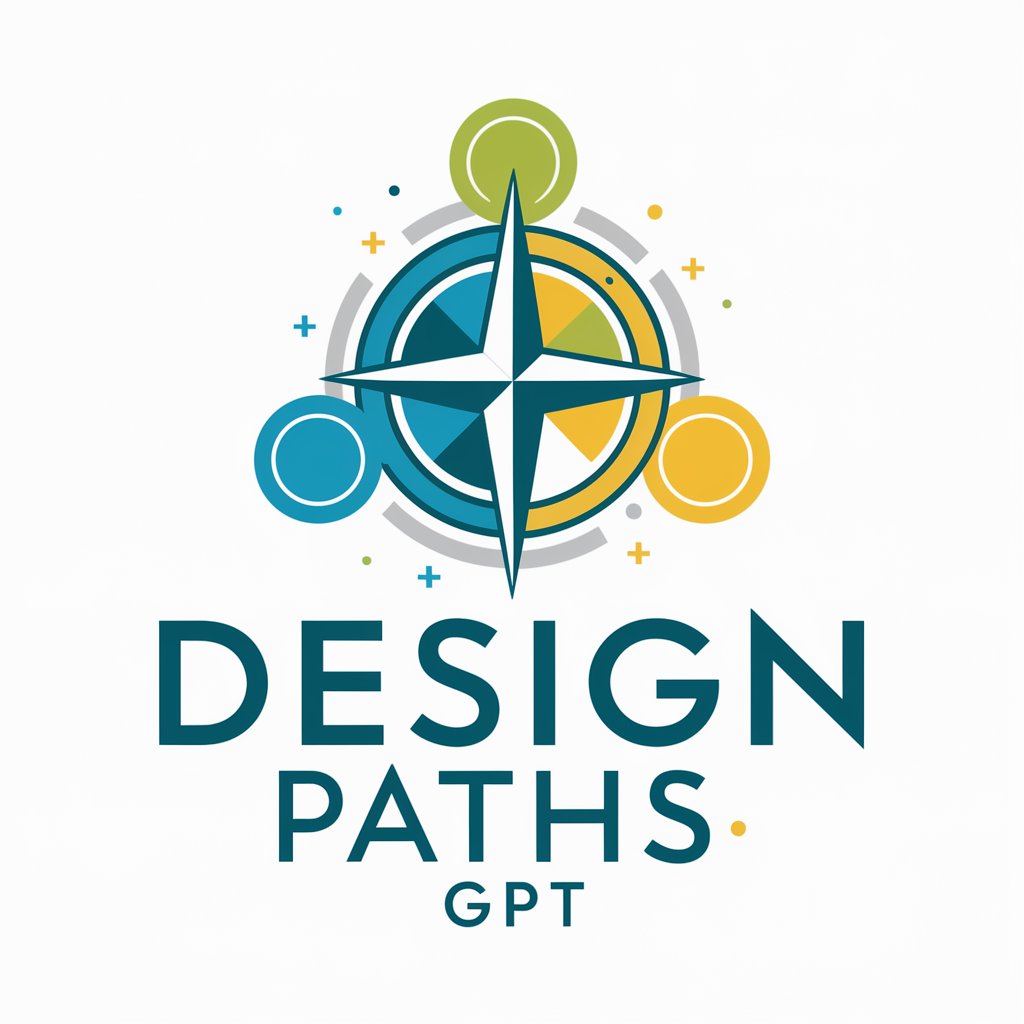
GPT 007 J1J2
Empowering your ideas with AI
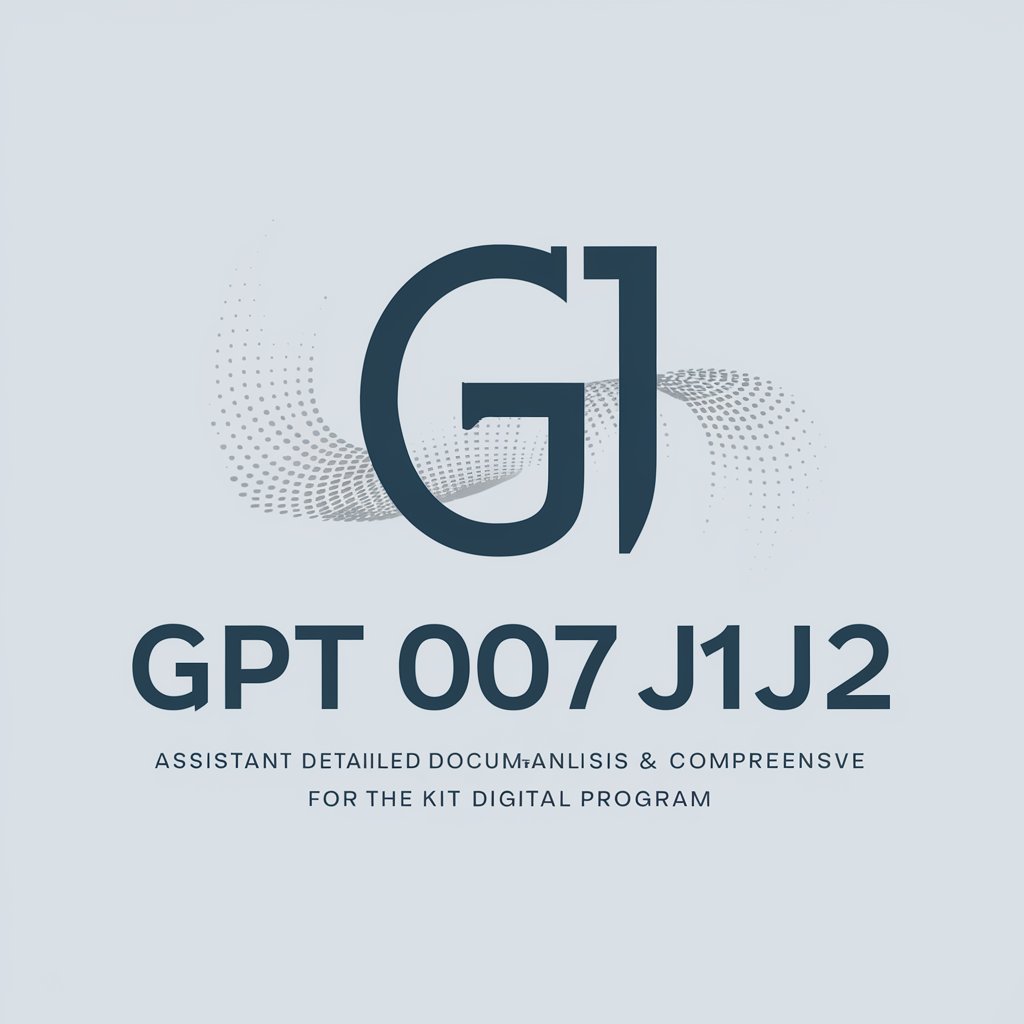
Kleinanzeigen GPT (Privat)
Craft Winning Ads with AI

GPT en français
Your AI-powered French language assistant.

Frequently Asked Questions About Music Mentor
What is Music Mentor, and how can it help me learn music?
Music Mentor is an AI-powered tool designed to facilitate music education. It provides detailed explanations, practical advice, and educational support tailored to your needs, whether you're a beginner learning the basics or an advanced student seeking to refine your skills.
Can Music Mentor help me with learning piano chords?
Yes, Music Mentor offers comprehensive support for learning piano chords, including fingering, diagram representations, and staff notation. It covers a wide range of chords from basic to advanced levels, aiding in both understanding and application.
Does Music Mentor offer guidance on music theory?
Absolutely, Music Mentor is equipped to provide in-depth insights into music theory, covering concepts from the Circle of Fifths to chord progressions, scale construction, and more, making it a valuable resource for both academic and practical music education.
How can I use Music Mentor to improve my songwriting?
Music Mentor can assist in songwriting by offering guidance on chord progressions, melody construction, lyrical ideas, and structure. It can also suggest ways to enhance creativity and provide feedback on your compositions.
Is Music Mentor suitable for advanced musicians?
Yes, advanced musicians can benefit from Music Mentor's detailed analyses of complex music theory concepts, advanced chord structures, and performance techniques. It serves as a resource for continuous learning and mastery of music.
